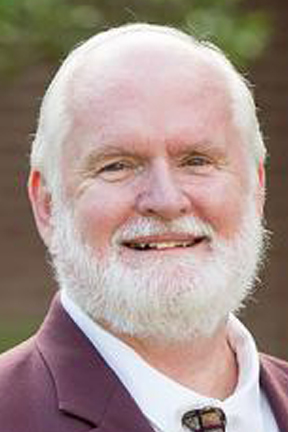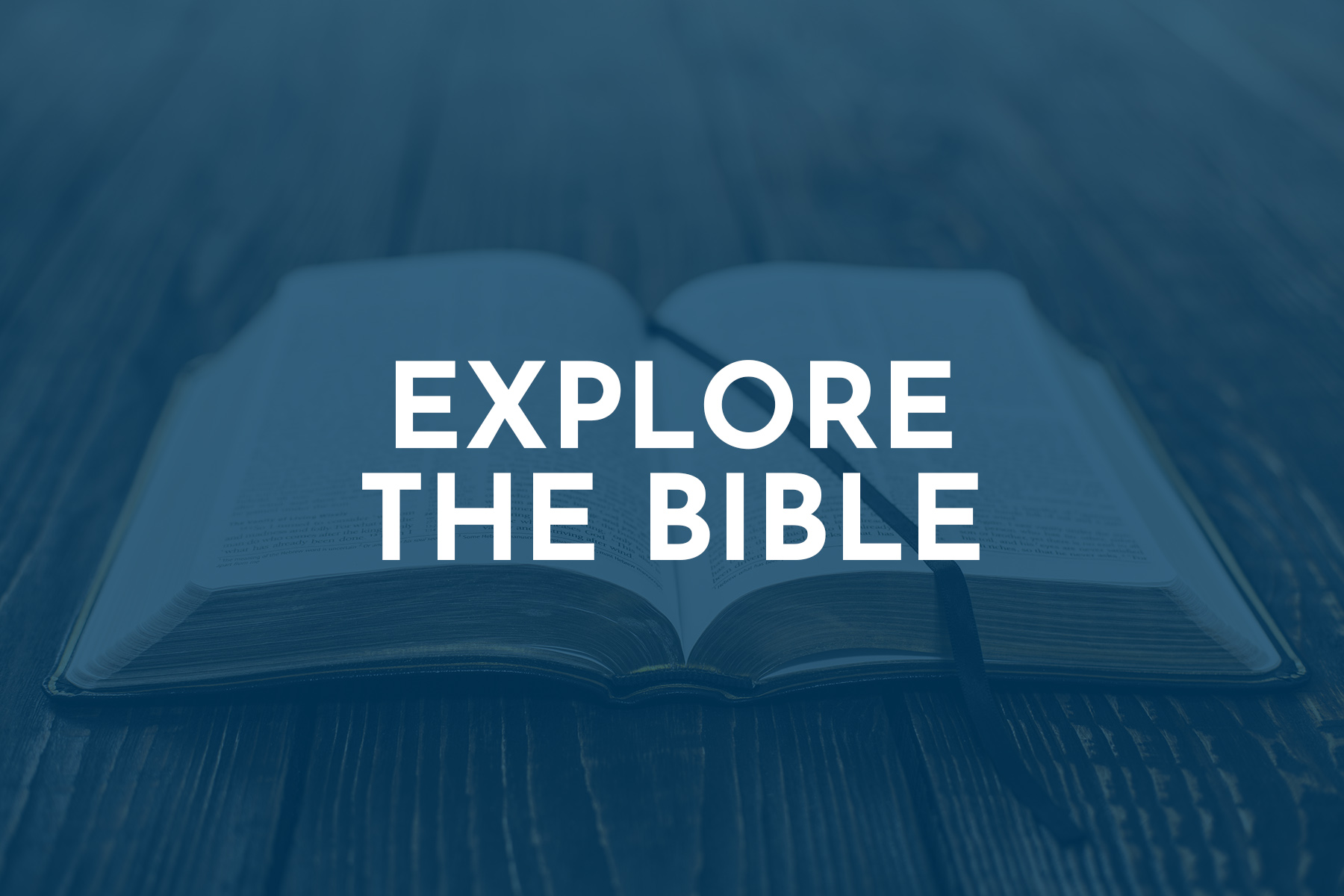Freedom Promised • Exodus 5:1-4; 6:2-9
By Wayne VanHorn

God sent Moses to the Hebrew slaves but also to the Egyptian Pharaoh. The message for the salves was, “the Lord had paid attention to them” (Ex. 4:31). Freedom was on the way. The path to freedom went straight through the hardened heart of Pharaoh.
The sequence seems to be that Pharaoh hardened his heart against the Hebrews, resulting in their enslavement and bitter service. God sent Moses and Aaron to lead the people out of Egypt, warning Pharaoh of certain plagues if he refused to release them.
After, six plagues, Pharaoh had hardened his heart repeatedly, so, God locked him in to his recalcitrance. God hardened Pharaoh’s heart for good. Paul quotes Exodus 9:16 in Romans 9:17, to indicate how God would make an example of Pharaoh for all to see.
Confronted (Ex. 5:1-4)
The message to Pharaoh was, “This is what the LORD, the God of Israel, says: Let My people go that they may celebrate a feast to Me in the wilderness” (Ex. 5:1). Pharaoh however was guided by the false gods of Egypt, who were as much targets of the plagues as Pharaoh and his people (Ex. 12:12).
Pharaoh refused to release the Hebrew slaves, asserting he did not know the LORD and he would not let Israel go! Moses and Aaron replied, “The God of the Hebrews has met with us” (Ex. 5:3). They pleaded to be released for a three-day journey into the wilderness where they would sacrifice to the Lord. Their plea carried the anxiety the Lord would strike them “with plague or sword.”
Pharaoh had been confronted with the LORD’s demands, but freedom would have to wait. Pharaoh refused to let the people go, accusing Moses and Aaron of “causing the people to neglect their work” (Ex. 5:4). Pharaoh blamed Moses and Aaron for causing the people to stop working (Ex. 5:5). That day he issued is decree that the slaves would have to gather their own straw while maintaining the quota of bricks.
Reminded (Ex. 6:2-5
As the saga progressed, God revealed His personal name to Moses, “I am the LORD (Yahweh; Ex. 6:2). The Patriarchs had known Him as God Almighty (El Shaddai in Hebrew), but not as Yahweh (Ex. 6:3).
The revelation of His personal name was accompanied by a reminder that Yahweh had established His covenant with them and had given them the land of Canaan (Ex. 6:4). From this point forward, Yahweh, the personal name for God, would be eternally thought of as the covenant name for God. Thus, the third commandment, “Do not misuse the name of Yahweh your God, because Yahweh will punish anyone who misuses His name” (Ex. 20:7).
Furthermore, God reminded Moses, He had heard the groaning of the Israelites, He knew the Egyptians were forcing them to serve as slaves, and He remembered His covenant (Ex. 6:5). The status quo between Pharaoh and God was about to change drastically against Pharaoh.
Believers can take great comfort in knowing that when others persecute them, God is fully aware of His “new covenant” too. Further, He knows their persecutors and commits to act in His people’s behalf in decisive ways still.
assigned (Ex. 6:6-9)
God instructed Moses to tell the sons of Israel, “I am the LORD (Yahweh)”. He reasserted His promise to end their bondage, “from under the burdens of the Egyptians.” But freedom from oppression is only half the promise; the other half is the promise of redemption. As my mentor, Dr. George Harrison always said, “God not only delivers us from something, He delivers us to something.” Unfortunately for Pharaoh and his people, the deliverance of the Hebrews would come against them with the Lord’s “outstretched arm and with great judgments” (plagues; Ex. 6:6).
Their deliverance and redemption would result in God taking the Hebrews as His people and becoming their God. This covenant relationship would result in the Hebrews knowing that Yahweh was their God. They would forever remember Him as the God who brought them out from under the burdens of the Egyptians.
Those who believe in Christ have the same assignment, to be the people of God. Through Jesus, we have been delivered from the bondage of sin. Like the Hebrews before us, we walk in the light of the promise of being citizens of a Promised Land, Heaven, where our citizenship resides. The new covenant is fulfilled in Jesus and we are the recipients.
VanHorn is a professor of Christian Studies at Mississippi College, Clinton.




